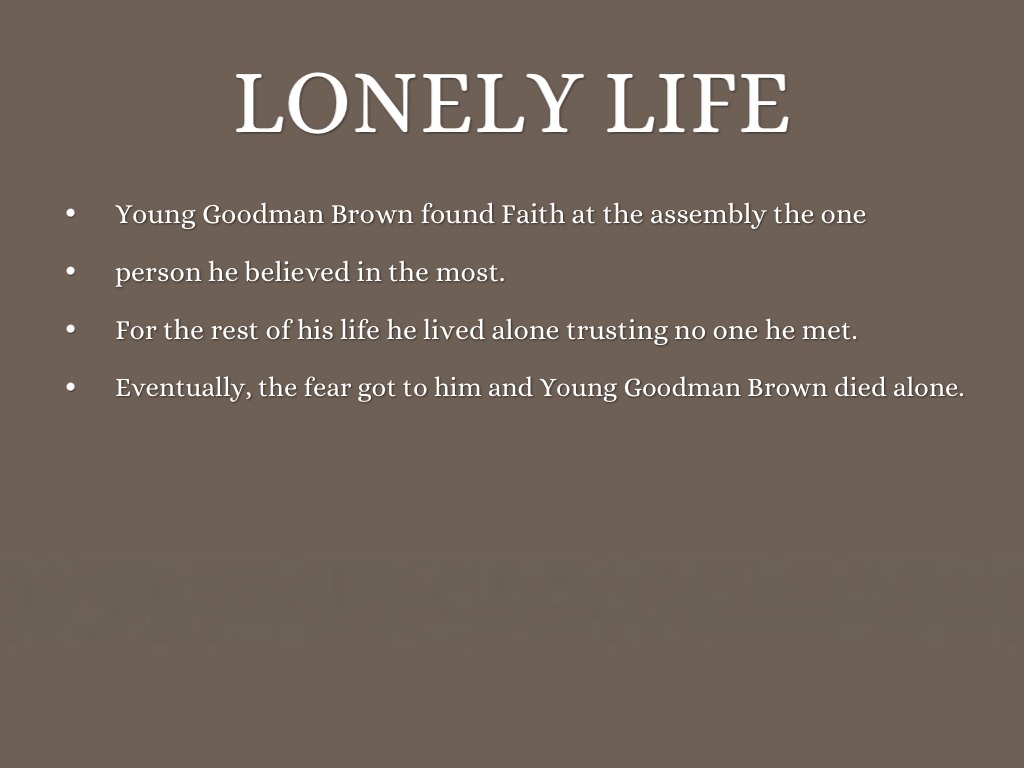In today’s digital age, communication has undergone a significant transformation, and with it, the emergence of new terminologies and phrases. One such term that has gained traction in recent discussions is "dry begging." This phrase has stirred curiosity among many social media users and internet enthusiasts. What exactly does it mean, and how does it manifest in online interactions? Understanding the dry begging meaning can help individuals navigate social media platforms more effectively and be mindful of their communication style.
The term "dry begging" often refers to a subtle, indirect way of seeking help or support, particularly in the context of social media. It typically involves individuals making vague statements that imply a need for assistance, without directly asking for it. This can lead to confusion and mixed responses from audiences, leaving many to wonder about the true intent behind such messages. In a world that thrives on instant communication, recognizing the dry begging meaning can be crucial for fostering authentic interactions.
As social media continues to evolve, the implications of dry begging in various contexts are worth exploring. Are we witnessing a shift in how people express their needs and vulnerabilities? Or is dry begging simply a reflection of the complexities of online communication? This article delves into the dry begging meaning, its implications, and how it impacts our digital interactions.
What is the Definition of Dry Begging?
To grasp the dry begging meaning, it’s essential to break down the term itself. Dry begging is characterized by a lack of straightforwardness in asking for help. Instead of making a direct plea, individuals might share their struggles in a way that nudges others to respond without explicitly requesting assistance. This form of indirect communication can take various forms, such as:
- Vague posts about personal struggles
- Subtle hints at financial difficulties
- Expressions of emotional distress without seeking help
How Does Dry Begging Manifest on Social Media?
Social media platforms are ripe environments for dry begging. Users can easily share their thoughts, feelings, and experiences, often leading to ambiguous posts that invite speculation and concern from their followers. The emotional undercurrents of these posts can create a sense of urgency, making friends and followers feel compelled to offer support, even when the request isn’t clear.
Why Do People Engage in Dry Begging?
There could be various reasons why individuals resort to dry begging instead of straightforward requests. Some common motivations include:
- Fear of rejection or judgment
- A desire to maintain a sense of independence
- Hoping for sympathy without explicitly stating their needs
Is Dry Begging a Form of Manipulation?
This question often arises in discussions about dry begging. While some may view it as a manipulative tactic, others argue that it stems from a place of vulnerability. Understanding the intent behind dry begging can help differentiate between genuine expressions of need and those that may be perceived as manipulative.
What Are the Consequences of Dry Begging?
Engaging in dry begging can have both positive and negative repercussions. On one hand, it might elicit support from friends and followers who genuinely care. On the other hand, it can lead to misunderstandings and strained relationships if individuals feel overwhelmed or manipulated by these indirect requests.
How Can We Respond to Dry Begging?
When encountering dry begging, responding appropriately is crucial. Here are some strategies to consider:
- Ask clarifying questions to understand the person’s needs better
- Offer support without judgment
- Encourage open communication and direct requests in the future
Can Dry Begging Be Prevented?
While it may be challenging to completely eliminate dry begging, fostering an environment of open communication can help. Encouraging individuals to express their needs directly can lead to healthier interactions, reducing the reliance on vague or indirect requests.
Conclusion: Embracing Honest Communication
In an era dominated by digital communication, understanding the dry begging meaning is essential for navigating social interactions effectively. By recognizing the nuances of this term, we can encourage a culture of honesty and directness in our dealings with others. Whether through social media or face-to-face conversations, fostering open communication can benefit everyone involved, ultimately leading to stronger connections and a supportive community.
You Might Also Like
The Dynamic Duo: Exploring The World Of The Sprouse TwinsUnraveling The Life And Legacy Of John Mark Huckabee
Discovering The Enigmatic World Of Anna Axster
Unlocking The Excitement: How To Participate In Game Awards Vote
Exploring The World Of Gracie Bon: A Multifaceted Talent
Article Recommendations
- Cardi B
- Valentina Midget
- Greg Olsen Dates Joined
- Charlie Hunnam Tom Hardy
- Maisie Williams Net Worth
- Alec Steele Wife
- Beyonce And Diddy Sex Tape
- Best Game Character Names
- Charlie Berens Wife
- Liam Neeson Relationships


